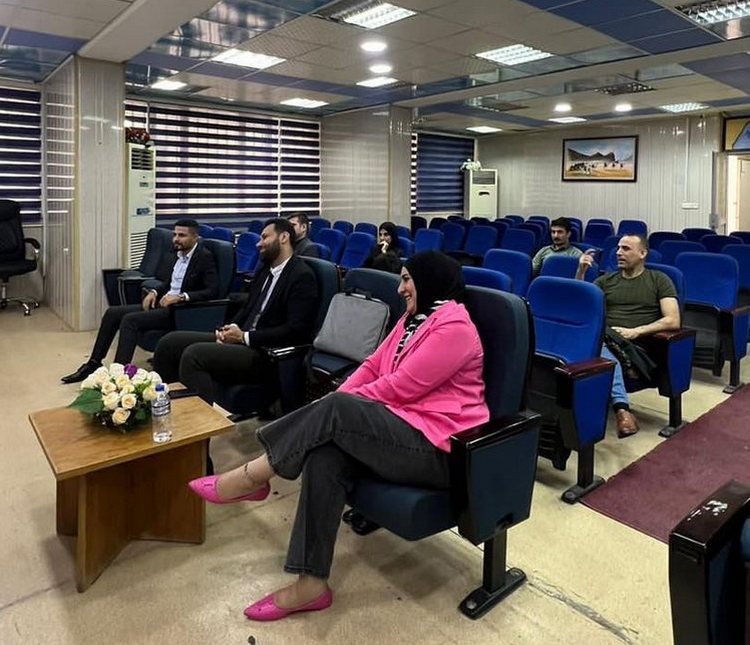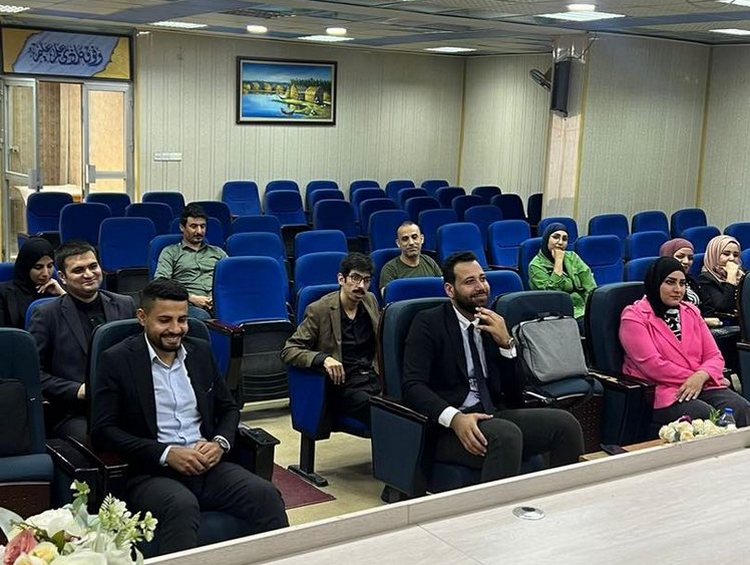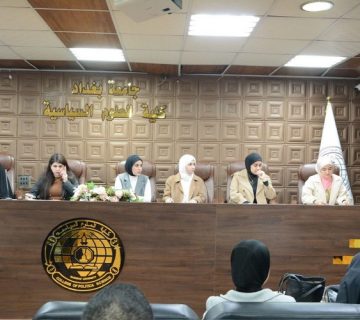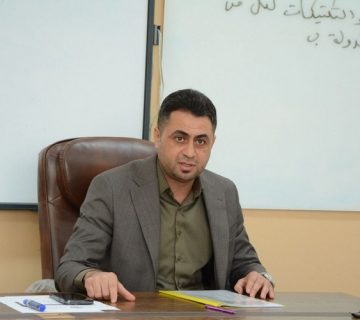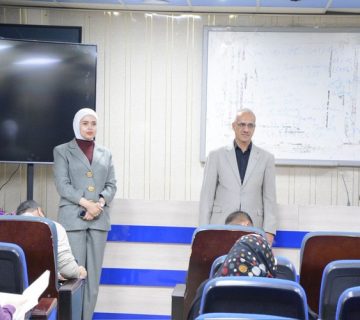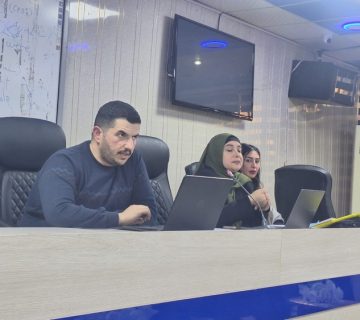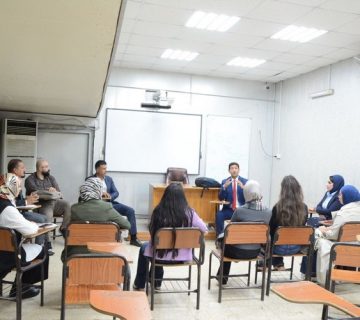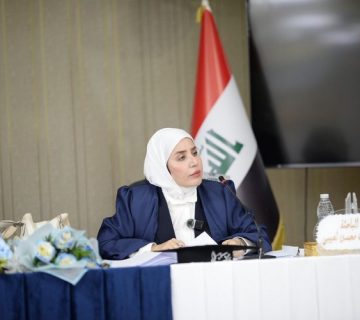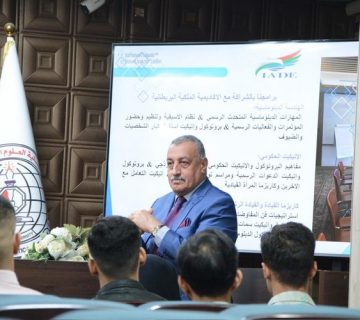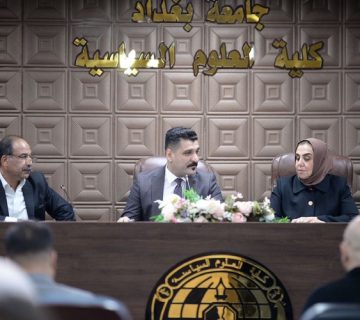The College of Political Science at the University of Baghdad held a lecture for graduate students on publishing scientific research in reputable journals under the title “Transformations in the International Polarity System: Studying the Future of the Nonpolar System.”
Professor Dr. Muthanna Ali Hussein pointed out during his lecture that one of the paradoxes of the international polarity system is that the four models of this multipolar, bipolar, unipolar, and nonpolar system have been achieved in the international system in a sequential manner, explaining that the international system has been multipolar since its recent formation after… The Treaty of Westphalia in 1648 until the end of World War II in 1945, then bipolarity prevailed until the end of the Cold War in 1991, after which the United States dominated the international system in a manner similar to the unipolar system, as there was controversy about achieving unipolarity with the rest of the global institution of the system. The international system itself, that is, the United Nations, indicating that when studying the future of the international system currently, it seems that according to scientific data and existing facts in light of the emergence of international non-state actors and international informal institutions, it is heading towards a system of non-polarity, and these transformations do not seem to have occurred by chance, but rather were the result of developments. It occurred in the international system. It is natural that the international system, which was in a state of chaos, would witness, after the emergence of the nation-state and the formation of the international system in 1648, a multiplicity of the polarity system. Likewise, after the First and Second World Wars, it is logical that the bipolar system would emerge as a result of the defeat of many of the great powers. The victorious other was exhausted and the United States and the Soviet Union emerged victorious from the war with great gains on the ground that exceeded the gains of the rest of the victors.
At the end of the lecture, the dialogue was opened for the students in order to answer their inquiries and questions .

